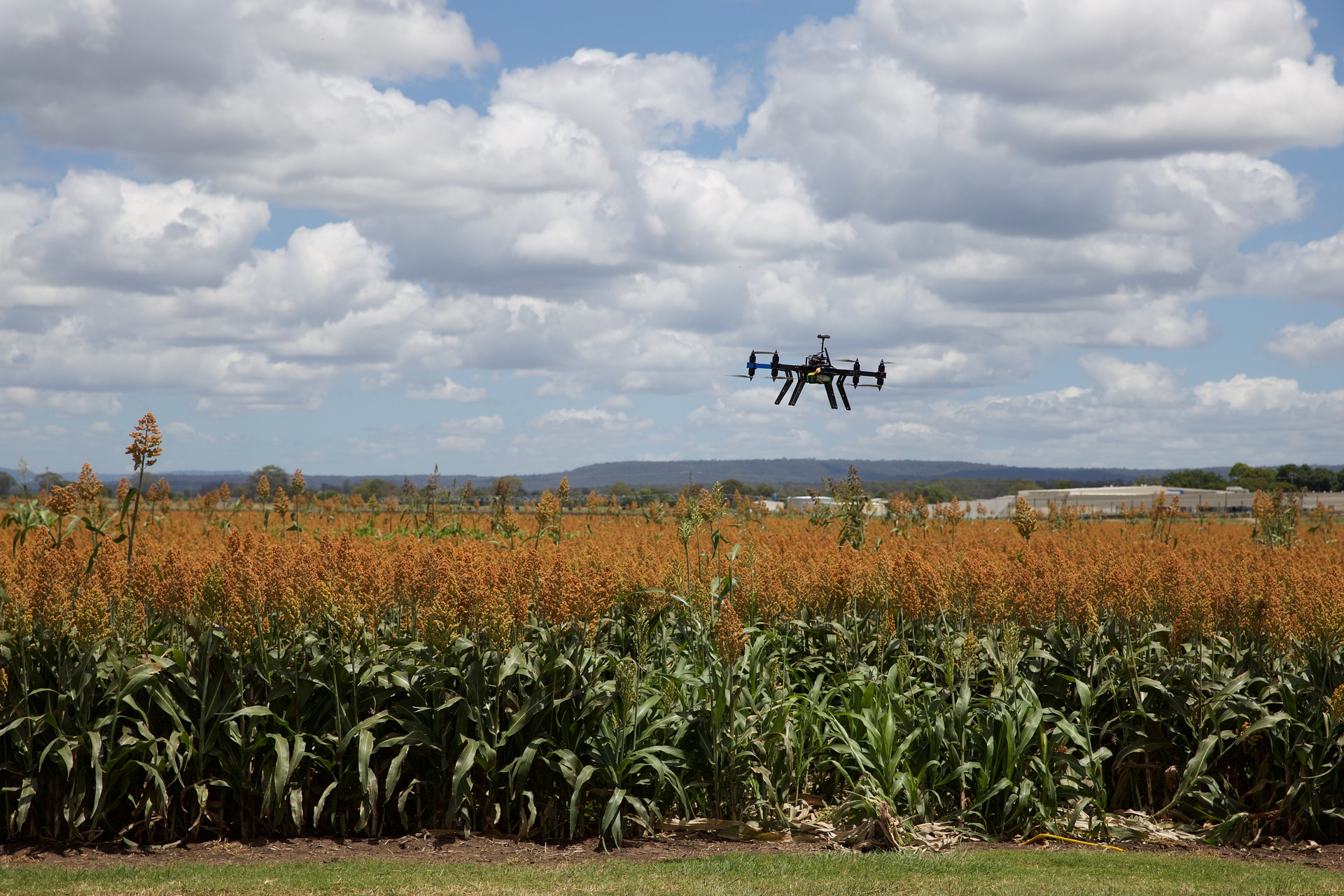The Post-Pandemic Future of Travel
The pandemic-led lockdowns worldwide were an effective measure to contain the virus’ spread. Airlines grounded planes, hotels were all but deserted, and restaurants were also initially fully closed. Only essential services were functioning. In due course, as lockdowns were eased, food delivery services became very popular. Food-tech, as a sector, became a dominant force.
Travel restrictions persist, especially as new strains of the virus have again prompted lockdowns and border closures. The roll-out of COVID-19 vaccines was thought to lead to a swift revival in travel and tourism activity, but there is still well-founded skepticism in this regard. The industry continues to reel from the pandemic’s effects. Alternatives will have to be explored to ensure industry stakeholders’ economic woes are alleviated. In emerging economies primarily, tourism accounts for a major share of GDP. With the past year already witnessing record lows in tourism revenues, the trend needs urgent reversal for otherwise, millions of livelihoods are at stake.
The Horasis Global Meeting is being conducted on 8 June 2021 to deliberate on such pressing issues. It is a virtual event that will bring together members from governments, businesses, media and academia. Diverse actionable ideas will be shared to ensure a better future for the planet and societies globally.
Domestic Tourism and ‘Travel Bubbles’
Earlier in 2020, governments worldwide promoted domestic tourism since international travel had ceased. In India, for instance, the ruling administration encouraged being ‘vocal for local’. Besides its encouragement to purchase locally produced goods and services, it also called on citizens to explore their country. Vietnam’s government, meanwhile, launched the “Vietnamese travel in Vietnam” initiative in May 2020 to encourage domestic tourism.
Travel bubbles were also another route proposed by some countries to boost tourism. Certain Scandinavian countries such as Denmark and Norway allowed their citizens to travel between either country. Sweden, however, was excluded since its administration had chosen to not impose lockdowns. Similarly, Singapore and Hong Kong had put into place a travel bubble and so did New Zealand and Australia. Going forward, as pandemic protocols remain firmly in place, there will possibly be more such travel bubble agreements between countries.
Technology as a Key Enabler
The pandemic has irreversibly changed several aspects of consumer behavior. There will be less acceptance of mechanisms that require physical contact with devices or the exchange of material, such as identity documents, cash and cards. For instance, paper currency will see a significant drop in use with most travelers preferring to use contactless forms of payment. E-wallets, and growingly cryptocurrencies, therefore, will be more commonly used and there is need for administrations to ensure fintech players are able to use common interfaces. This will allow usage across geographies, much like how credit cards issued by major banks can be used in most countries.
Airport security measures cannot be compromised. At the same time, contactless forms of passenger screening are necessary to ensure higher confidence among travelers. There are already such devices being tested. Hotel check-ins, in many cases, were already possible over a smartphone prior to the pandemic. While it was introduced originally as a cost-cutting feature, it will likely become the dominant way of checking in. Restaurants, meanwhile, have taken to placing QR codes at tables. These enable guests to browse through a digital menu and even place their order remotely.
The Choice of Rural
Technology offers strong enablers towards resumption of travel services to pre-pandemic levels. However, there is a strong possibility that people’s choice of destinations will undergo a significant change. There will be less tendency to opt for crowded places – ones that entail long queues or close proximity to other travelers. Rather, there will be a shift towards travelling to places that offer open environments and naturally allow social distancing.
And such environments can be found in abundance in rural locales. By several estimates, there will be a strong preference for rural getaways. Even before the pandemic struck, there were concerns over too much screen time by young adults and children. With learning shifting to online modes for well over a year now, parents and guardians will seek out places that actually offer the ability to disconnect.
What Does the Future Hold?
Going forward, there will be strong interest in experiential travel. People will demand more authentic experiences that are distinct from the usual travel roster. This is underscored by the fact that AirBnB—which many thought wouldn’t survive the pandemic—is once again a market leader. In the initial days of the pandemic, however, reports were rife that an innovative organization was about to meet an untimely end. The pandemic-led change in traveler behavior has proved otherwise.
AirBnB went public with an IPO in December 2020. The company listed its shares based on an initial valuation of $47 billion. However, this was a conservative estimate because the company’s valuation hovered at the $100 billion mark on its first day of trading, following the IPO. Clearly, this was a strong signal of where the future of travel is headed. We are in for a sea change in travel, and embracing it is the only option.
Photo Caption: A view in Meteora, Greece. Destinations that naturally allow social distancing are being sought out.



